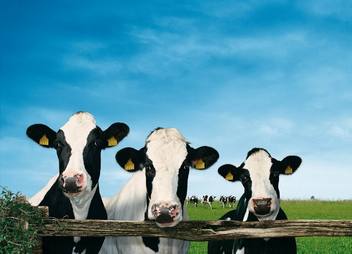
As part of my most recent of 'fact-finding' missions I am working in collaboration with a host of geo-intellectuals. Our objective is the first draft of a project about the impact of coastal change. Based in Scotland, the coastal buzz is about; ecology; climate change; environmental functions and management.
In short things are about to climate and social technology friendly. Lets call this the SCOAST Project.
Based on a unique research concept, SCOAST seeks to set new rules and standards for the observation, recording and research analysis of the Scottish coastline. The intention is to promote a harmony between the natural surrounding of the Scottish coastline and wetland area as habitation and human development seek mutual standing.
Today marks the launch of Stage One: A symposium held in York exploring novel approaches and opportunities for governance and networks around environmental conditions of one coastline and wetland area.
So far my view holds that 'we' (you, the reader, me, the author, everyone else, not reading this) can be accused of being mostly laissez-faire, socially naive and cut off from discussions about environmental risk and measures for future investment.
You might #followfriday, #climatechange, #etc. but where is the action really? Certainly not in the bottom of a weekly recycle bin collection.
Today, in York, the approach is to take a community, bottom up involvement with a particular coastal zone - ecosystem and track it... information sharing, images, sound, #, blog, feedback, comments, tweets...
So given there will be considerable back and forth, not least from various research councils, academic agendas and perspectives, my role is to fine tune the opportunity for public involvement via social technology. The pivot: Coastal Progress. Ideally this all encompassing approach will encourage integration with what will be a main site with information portals about the surrounding rocky coastline and turquoise waters, as these become part of a unified, interrelated social information composition.
One could argue that opening up to such input is already riddled with potential pitfalls.These may incur an inaccurate portrayal of what is going on both in the physical place of the coastal region and then in the related social technology spaces...
Well turn on my tractor with the manure - I pooh, pooh such criticisms. Rather the aim of SCOAST is dedicated to a progressive perspective on climate and coastal change.
It IS only early days - the project has only just been launched and this is our first meet-up.
Thus, this is the blog post that will launch a thousand more. So I am not a geographer, environmentalist or ecosystem specialist. This did not stop two other guys who lack climate credentials writing a book - SuperFreakonomics - with an entire chapter about climate science.
More reports from the SCOAST-precipice soon...


